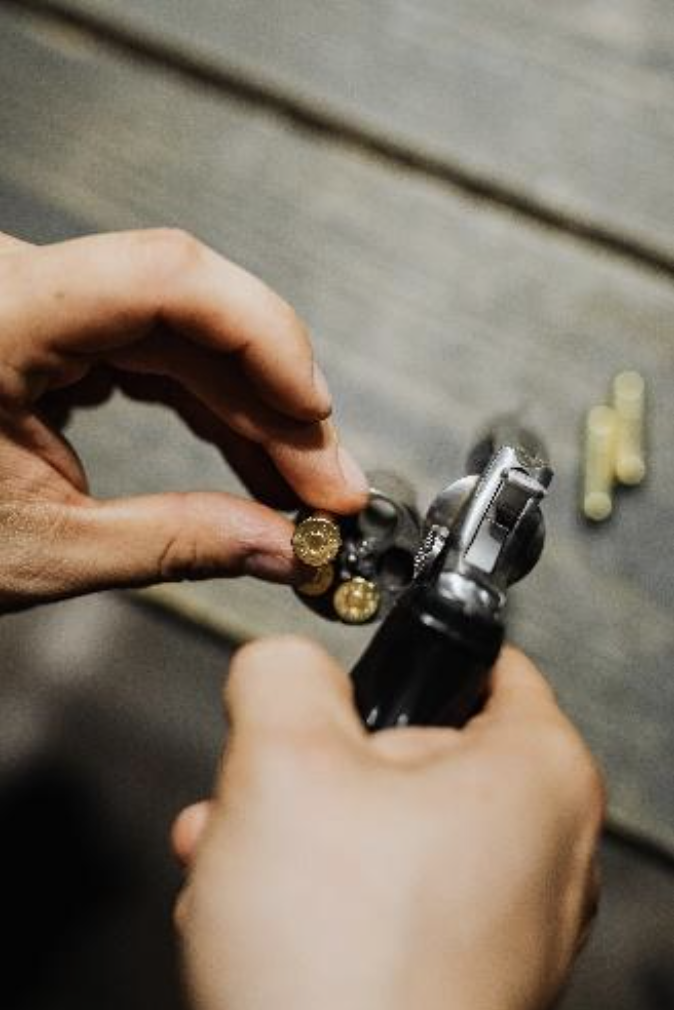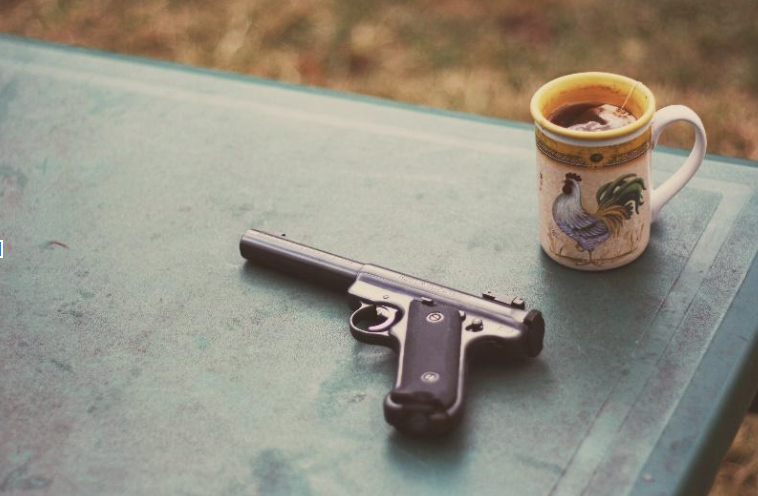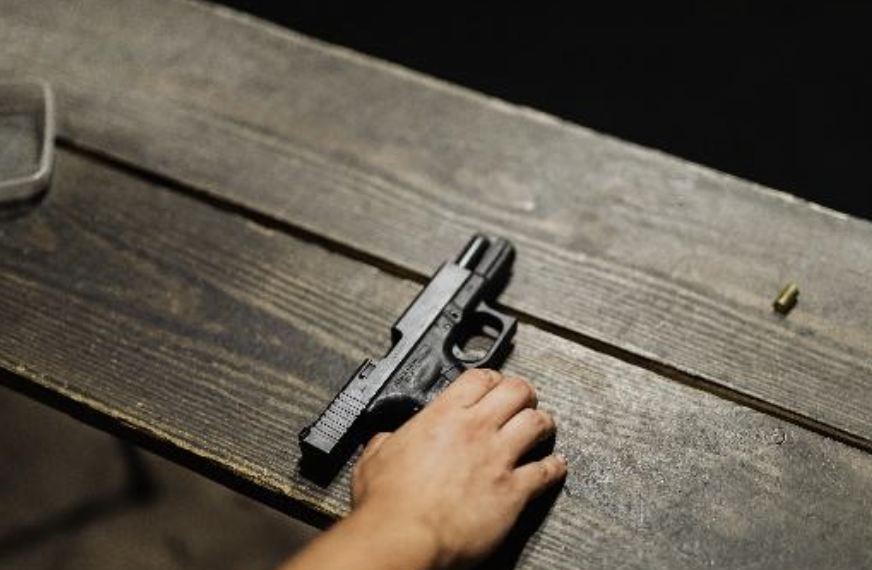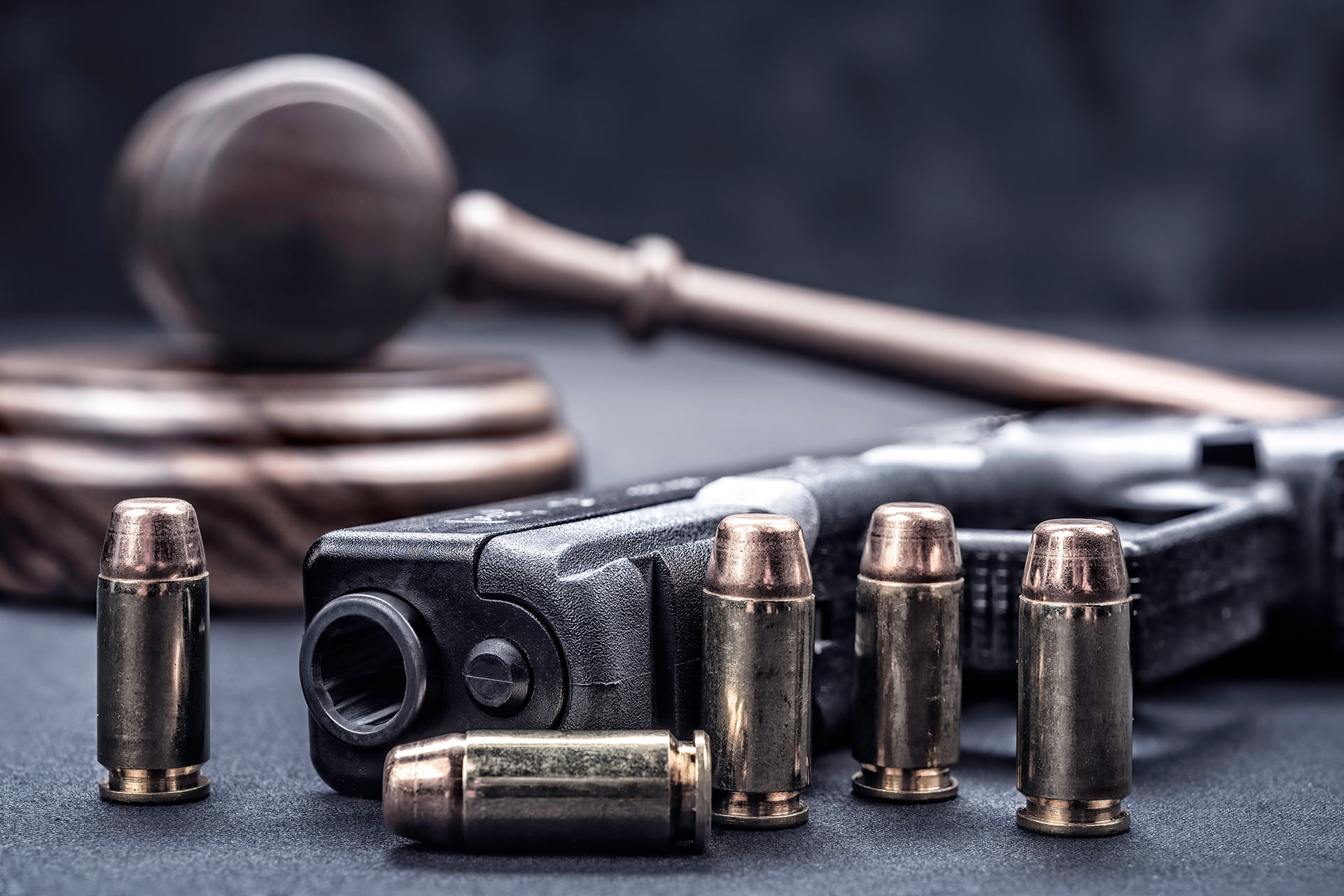What Everyone Should Need to Know About Transferring and Registering a Firearm!
With the state of crime and criminal behavior in the United States today being at an all-time high, many people are seeing the virtue of owning a firearm as a means to protect themselves and their loved ones. First time firearms owners, as well as those who are experienced and have been long time firearms owners often have some of the same questions about legal ownership and sales among private individuals.
MAY I LAWFULLY TRANSFER A FIREARM TO ANOTHER PERSON?
 Let’s say that your grandfather wants to give you one of his firearms so that you can use that for your protection and don’t have to go purchase a new one, or you want to buy a gun from a friend at work. Are these legal ways to obtain a firearm? They absolutely are! It is fully lawful for both of these transfers to occur. According to Federal law, any person may sell a firearm to an unlicensed resident of the state where he or she resides as long as the person selling the firearm reasonably believes that the person receiving the firearm is not prohibited from possessing it under state or federal law.
Let’s say that your grandfather wants to give you one of his firearms so that you can use that for your protection and don’t have to go purchase a new one, or you want to buy a gun from a friend at work. Are these legal ways to obtain a firearm? They absolutely are! It is fully lawful for both of these transfers to occur. According to Federal law, any person may sell a firearm to an unlicensed resident of the state where he or she resides as long as the person selling the firearm reasonably believes that the person receiving the firearm is not prohibited from possessing it under state or federal law.
WHAT IF THE PERSON LIVES IN ANOTHER STATE?
 If your grandfather lives in another state, it becomes a little more tricky. Under Federal law, an unlicensed individual is prohibited from transferring a firearm to an individual who does not reside in the State where the transferee resides. Generally, for a person to lawfully transfer a firearm to an unlicensed person who resides out of State, the firearm must be shipped to a Federal Firearms Licensee (FFL) within the recipient’s State of residence. He or she may then receive the firearm from the FFL upon completion of an ATF Form 4473 and a NICS background check.
If your grandfather lives in another state, it becomes a little more tricky. Under Federal law, an unlicensed individual is prohibited from transferring a firearm to an individual who does not reside in the State where the transferee resides. Generally, for a person to lawfully transfer a firearm to an unlicensed person who resides out of State, the firearm must be shipped to a Federal Firearms Licensee (FFL) within the recipient’s State of residence. He or she may then receive the firearm from the FFL upon completion of an ATF Form 4473 and a NICS background check.
WHEN I GET MY FIREARM, HOW DO I REGISTER IT?
 This is one of the most commonly misunderstood items when it comes to firearms ownership. There is no Federal registration requirement for most conventional firearms. When one purchases a new firearm from a licensed dealer, they must complete the ATF Form 4473 which asks you many qualifying questions prior to the purchase. Once the purchase is complete, the information on that form is NOT placed into an any sort of national database. The dealer simply maintains the form as a local record of the purchase in case it were ever needed.
This is one of the most commonly misunderstood items when it comes to firearms ownership. There is no Federal registration requirement for most conventional firearms. When one purchases a new firearm from a licensed dealer, they must complete the ATF Form 4473 which asks you many qualifying questions prior to the purchase. Once the purchase is complete, the information on that form is NOT placed into an any sort of national database. The dealer simply maintains the form as a local record of the purchase in case it were ever needed.
To give you an example, if a law enforcement officer conducts a check through the dispatch center of the Vehicle Identification Number (VIN) on an automobile, the owner/registrant information that is stored in the state’s database is returned to the officer. If the same officer conducts a similar check on the serial number of a firearm, no information from the ATF 4473 or any other data is returned. The only information an officer would get is if the firearm had previously been reported stolen.
(Firearms registration may be required by some local laws. Any person considering acquiring a firearm should contact his or her State Attorney General’s Office to inquire about the laws and possible State or local restrictions.)
(Source – www.atf.gov)


